In this excerpt, Chavarría responds to the question, “One hundred years in the future when scholars are studying the Congo tradition in Portobelo, what are the most important things that they should know?”
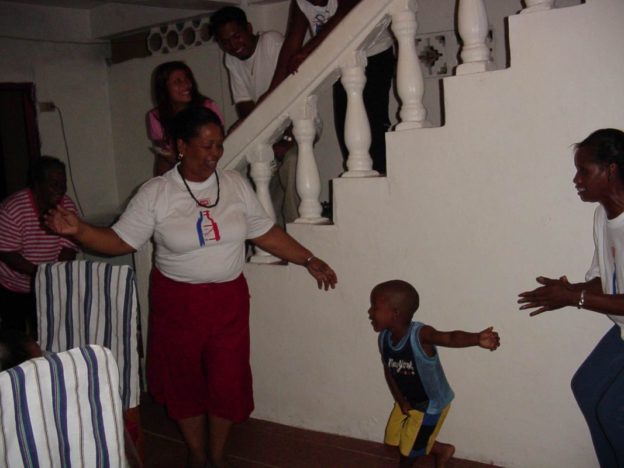


In this excerpt, Chavarría responds to the question, “One hundred years in the future when scholars are studying the Congo tradition in Portobelo, what are the most important things that they should know?”

In this excerpt, Chavarría discusses the way in which hierarchies of Congo Devils greet one another, how they are baptized within the tradition, and the importance of crossing one’s feet and “dancing” in the devil way.
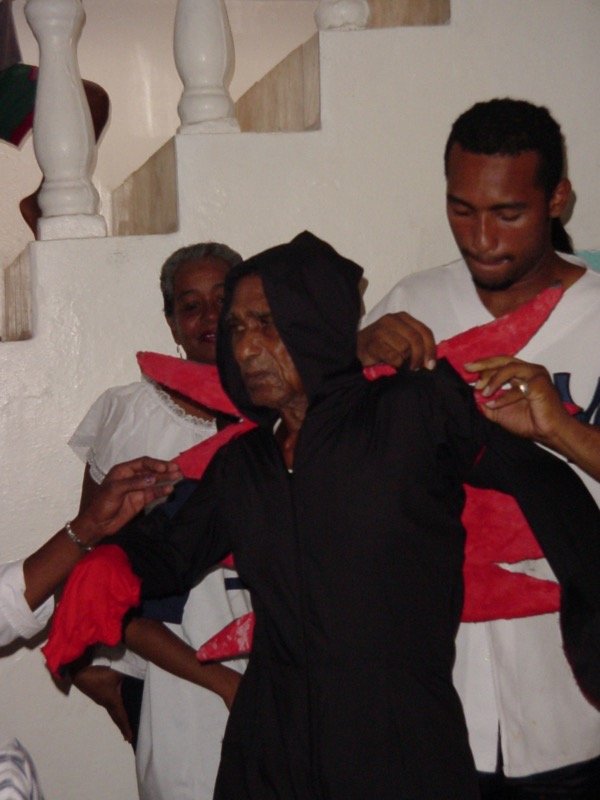
In this excerpt, Chavarría discusses his memory of the last time the renowned Celedonio Molinar performed as devil and how his mentor retired in 2003 after being honored at that year’s Festival de los Diablos.

In this excerpt, Chavarría shares cherished memories of his mentor, Celedonio Molinar, including seeing him “fly” from roof to roof as Major Devil. Chavarría also discusses important lessons and ritual practices that he learned from his mentor about performing the Major Devil role.
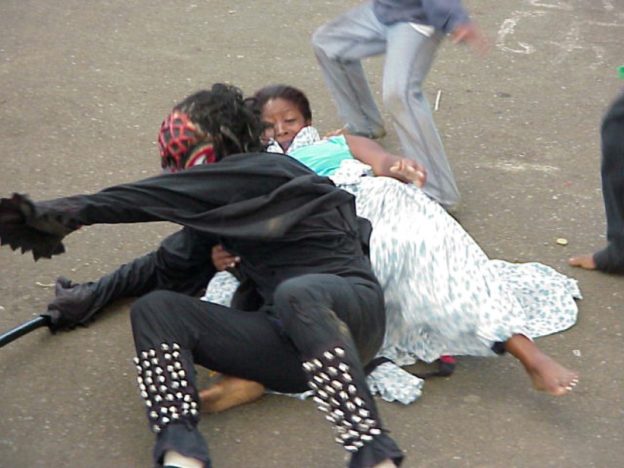
In this excerpt, Chavarría talks about the importance, for him, of playing the Devil character from “emotion” and his decision to break away from a particular ritual that marked his mentor’s embodiment of Major Devil.
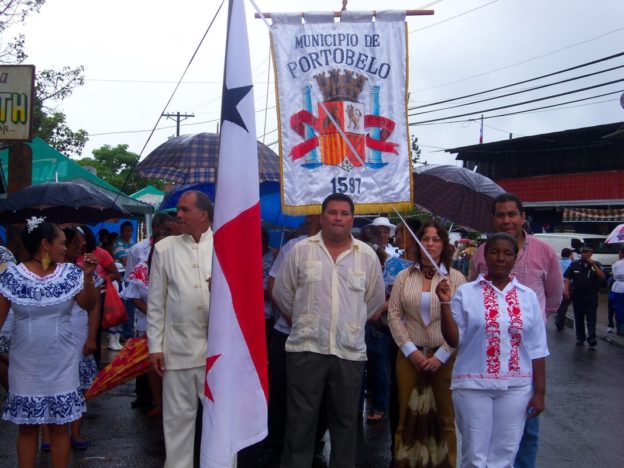
In this excerpt, Chavarria talks about his history of involvement in local politics and offers his unique perspective as Major Devil in the Congo tradition and Mayor of Portobelo district. The district includes: Isla Grande, Juan Gallego, La Guaira, Puerto Lindo o Garrote, Cacique, Jose Pobre, Valle Estilla, San Antonio, Nuevo Tonosi, Portobelo, La Escucha, Buenaventura, Guanche, Mechi, Alto de la Cruz, Playa Langosta, Rio Piedra, María Chiquita, Las Mercedes y Las Merceditas.
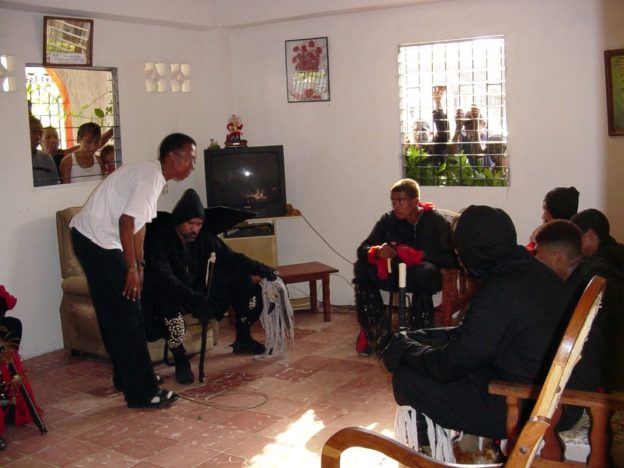
In this excerpt, Chavarría discusses the process by which he became Major Devil in the Congo tradition of Portobelo, Panama.
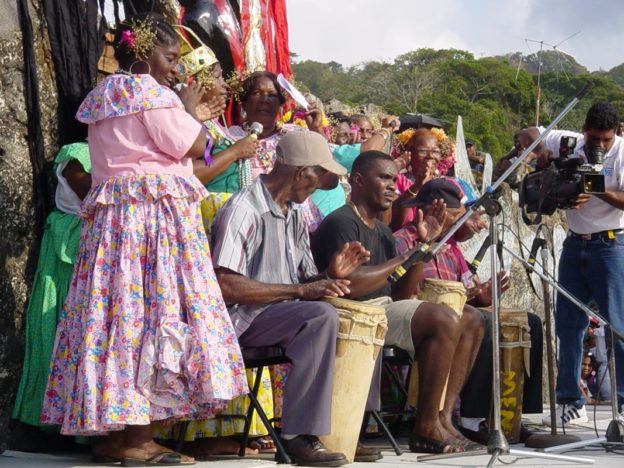
In this excerpt, Esquina discusses the meaning and significance of the Congo tradition to Portobelo.
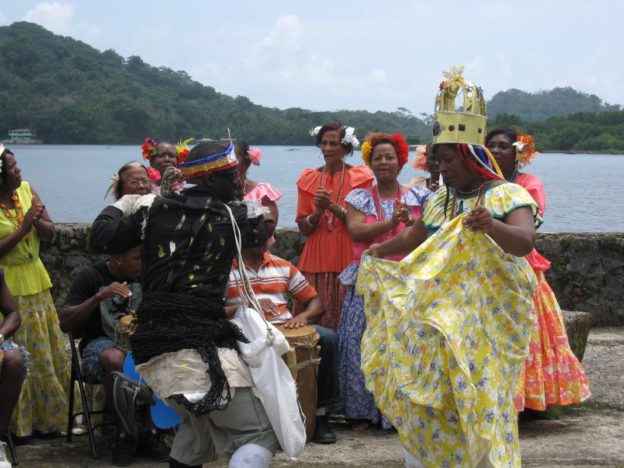
In this excerpt, Esquina discusses the changes she has seen in the Congo tradition over the course of her lifetime. Specifically, she talks about the ways in which the king’s role has diminished since her father once played it.
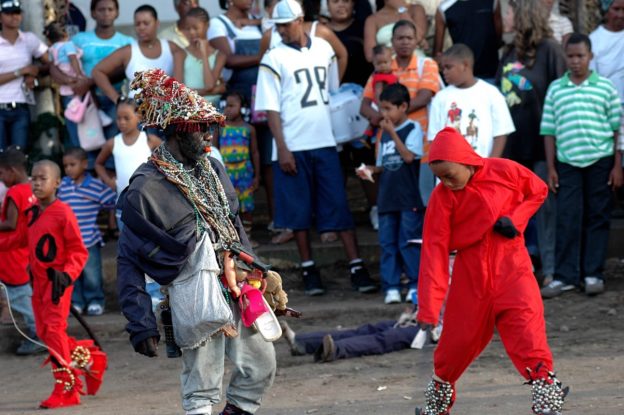
In this Excerpt, Esquina discusses the significance of her Congo name “Revellin.”